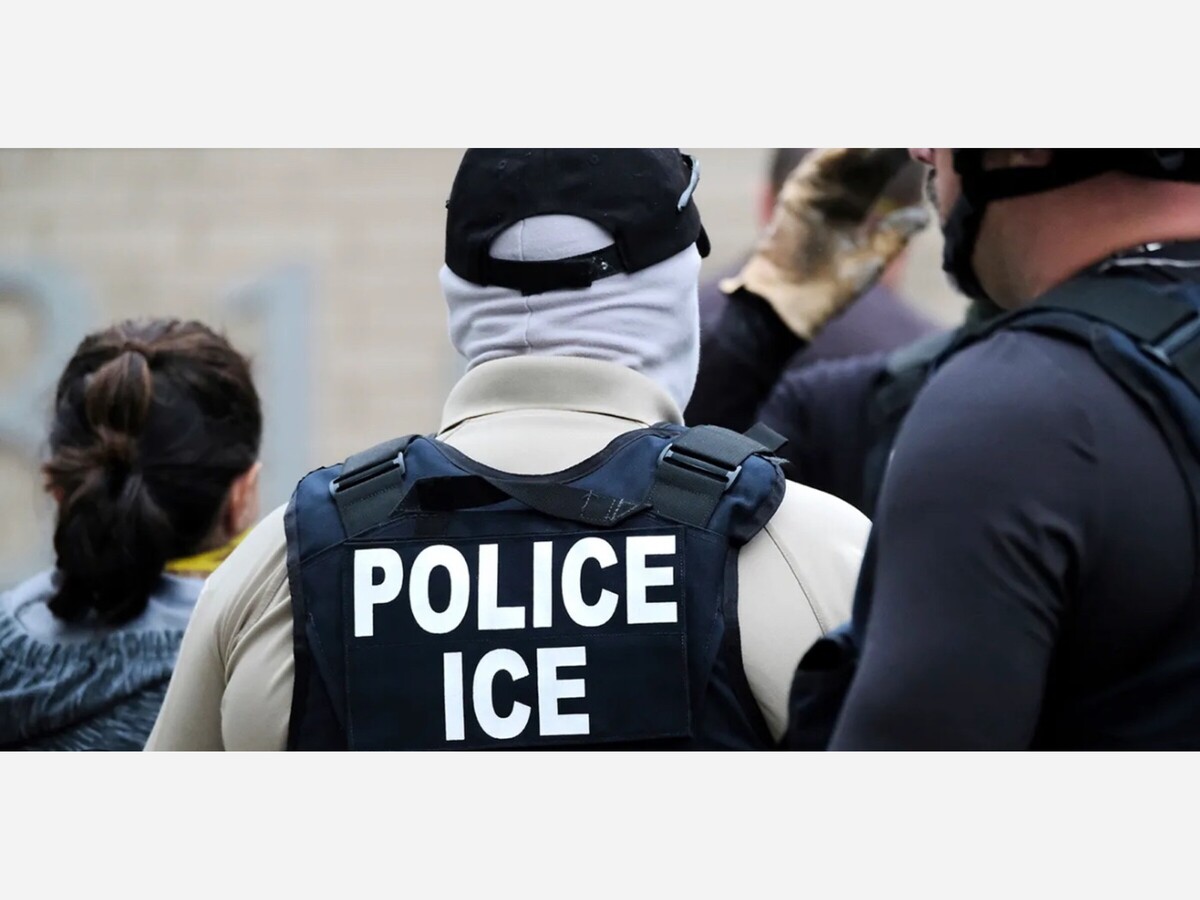Image


The U.S. Supreme Court’s recent decision to lift restrictions on federal immigration agents—allowing them to detain individuals based on race, language, or occupation—has sparked outrage across New Mexico. But in Alamogordo, nestled within deeply conservative Otero County, the ruling exposes a stark tension between political allegiance and lived identity.
Attorney General Raúl Torrez condemned the 6–3 ruling, calling it “a grave insult to the people of New Mexico,” and warning that it effectively creates second-class citizenship for Latinos and Spanish-speaking Americans. His rebuke resonates strongly in Otero County, where nearly half the population identifies as Hispanic or Latino, yet the county remains one of the reddest in the state—delivering a 27-point margin of victory to President Donald Trump in the last election A.
This paradox is embodied by Otero County Commissioner Amy Barela, recently elected Chair of the New Mexico Republican Party A B. Barela’s district includes northern Alamogordo, Tularosa, Holloman Air Force Base, and lands bordering the Mescalero Apache Reservation—communities rich in cultural heritage and linguistic diversity. Her rise to statewide leadership signals Otero County’s outsized influence in shaping Republican strategy, even as the party’s national posture on immigration enforcement grows more aggressive.
The Supreme Court’s decision stems from mass ICE raids in Los Angeles, where U.S. citizens were detained based solely on appearance or employment. Justice Sonia Sotomayor’s dissent warned that the ruling legitimizes stops of “anyone who looks Latino, speaks Spanish, and appears to work a low wage job.” For Alamogordo’s construction workers, agricultural laborers, and bilingual families, that warning is not theoretical—it’s personal.
Local advocates fear the ruling will embolden ICE to expand its reach into Otero County, where federal agents already operate near borderlands and military installations. Recent incidents involving mistaken detentions of Navajo and Mescalero Apache citizens underscore the risks of profiling based on language or skin tone.
Torrez emphasized that while federal agents may now operate under looser constraints, New Mexico law enforcement remains bound by the state constitution’s protections against racial profiling. “I want to remind our law enforcement officers that they are required to follow New Mexico law, even if they are assisting federal agents,” he said.
As Alamogordo continues its journey of revitalization and civic unity, this decision threatens to unravel trust between residents and law enforcement. It also places renewed urgency on local leaders—regardless of party affiliation—to reaffirm their commitment to constitutional protections and community safety.
Otero County may be politically red, but its people are richly diverse. The challenge now is whether its leadership can honor both.
If you believe you’ve been subjected to racial profiling in New Mexico, contact the Attorney General’s office at nmdoj.gov or reach out to local advocacy groups for support such as the ACLU or LULAC Council 8105.
Sources:
• Source NM: Amy Barela Elected State GOP Chair
• 2nd Life Media: Barela’s Political Rise
• NM DOJ Statement on Supreme Court Ruling
• SCOTUSblog: Emergency Docket Analysis